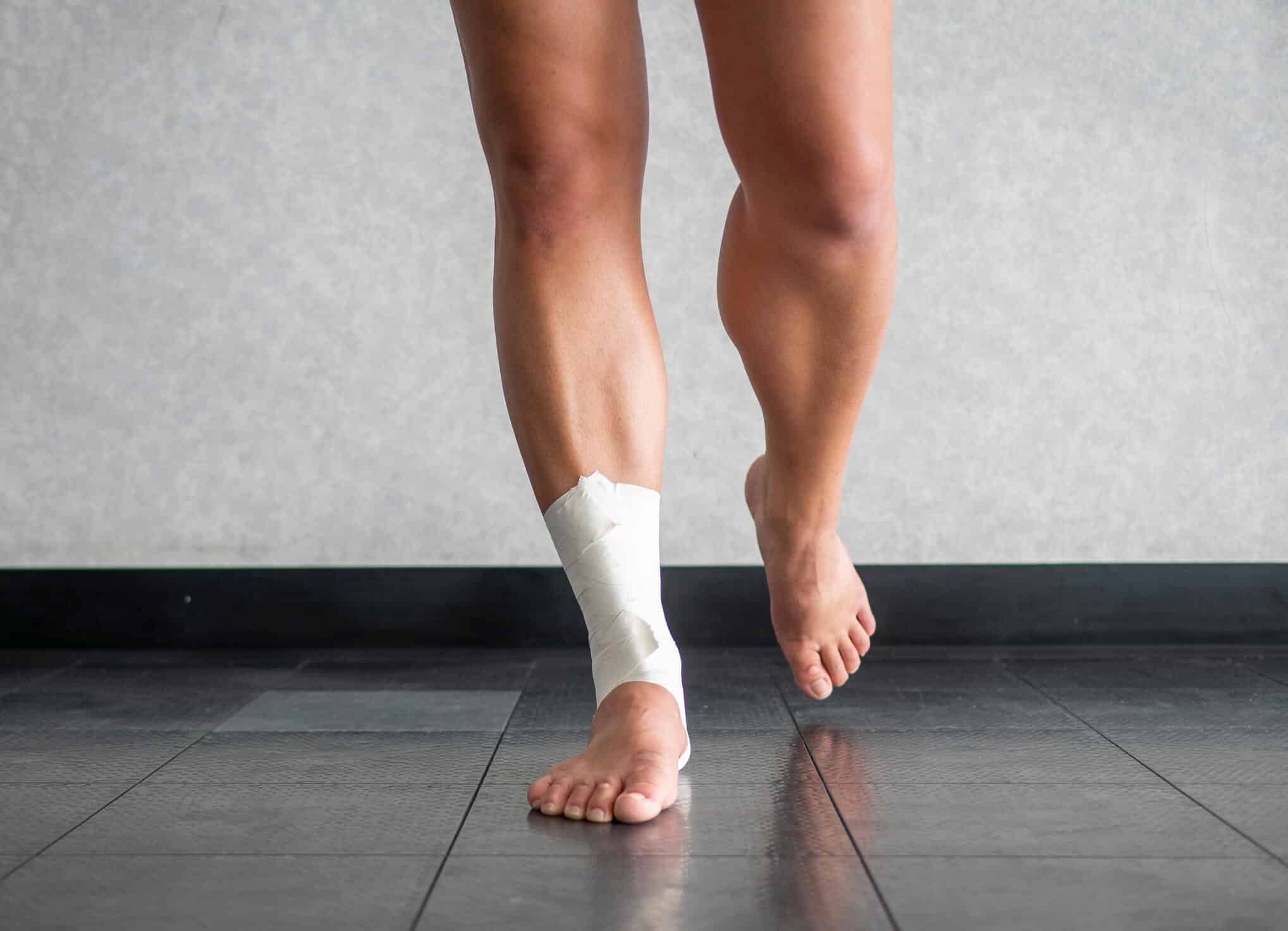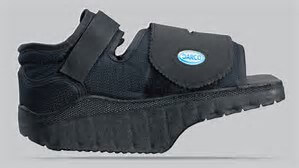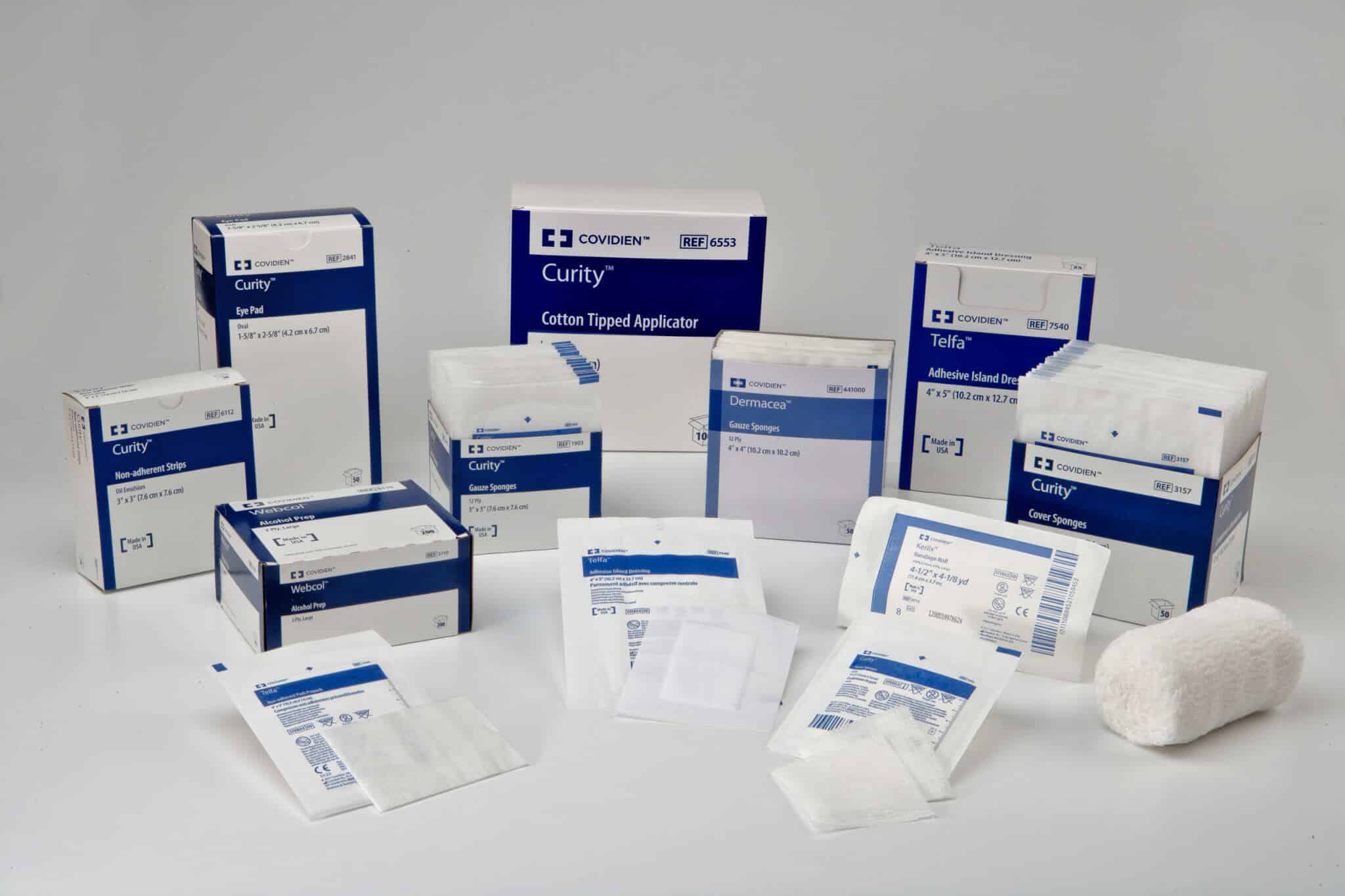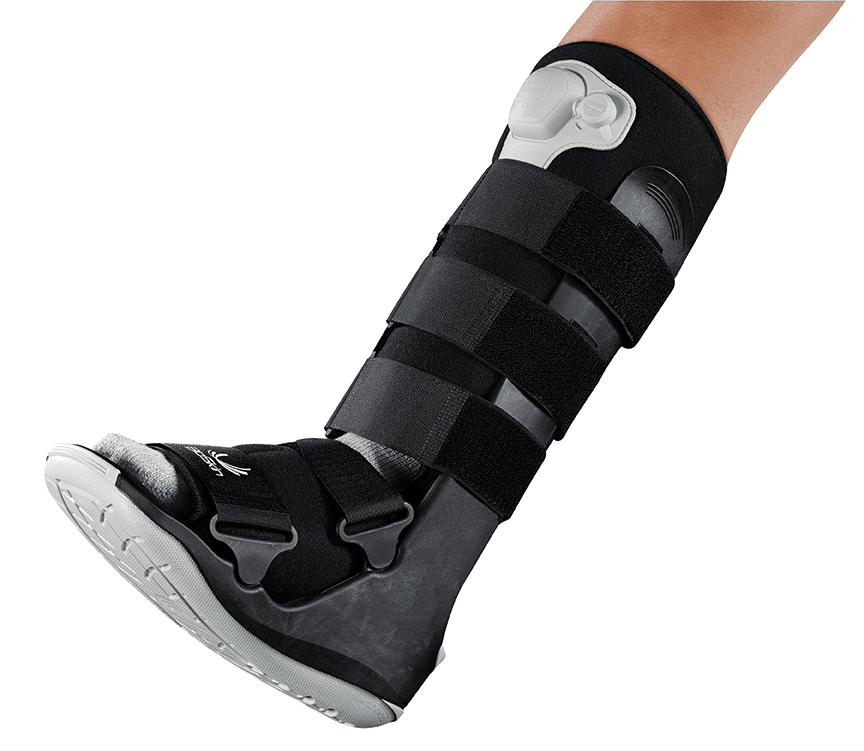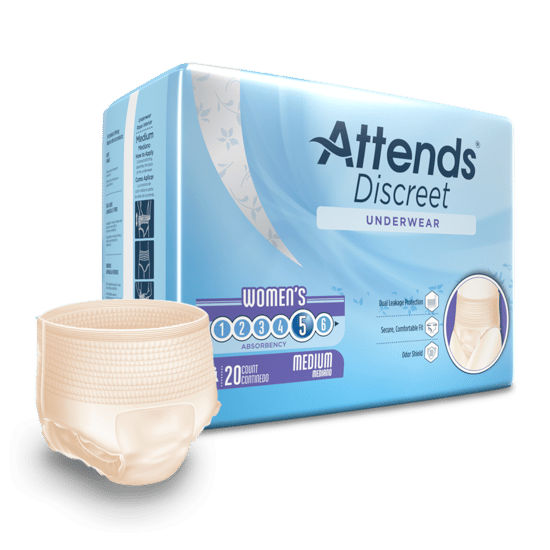Medical supply stores typically carry a wide range of home health supplies designed to help individuals manage various health conditions, promote healing, and improve quality of life. These products are essential for patients receiving home care, individuals recovering from surgery, the elderly, and those managing chronic illnesses. Below is a description of some common categories of home health supplies typically purchased from a medical supply store:
Home Health Supplies: 10 Key Categories
1. Mobility Aids
Mobility aids are essential for individuals who have difficulty walking or maintaining balance due to age, injury, or chronic conditions like arthritis. Medical supply stores offer a variety of mobility aids, including:
- Walkers and Rollators: Walkers provide stable support, while rollators include wheels and often a seat for resting.
- Canes: Available in different styles, such as single-point or quad canes, for varying levels of support.
- Wheelchairs: Manual and electric wheelchairs are available for people with limited mobility.
- Scooters: Power scooters provide greater freedom of movement for individuals with severe mobility issues.
2. Bathroom Safety Products
Bathroom safety products help prevent falls and injuries, particularly for elderly individuals or those with mobility challenges. Common items include:
- Grab Bars: Installed in bathrooms for extra support when entering or exiting a shower or tub.
- Shower Chairs and Benches: Allow users to sit while showering, reducing the risk of slipping.
- Raised Toilet Seats: Elevate the height of the toilet seat to make sitting and standing easier.
- Non-slip Bath Mats: Placed in the tub or shower to provide additional grip and prevent falls.
3. Incontinence Products
Incontinence supplies are crucial for individuals managing bladder or bowel control issues. These products ensure comfort, dignity, and hygiene. They include:
- Adult Diapers: Available in different sizes and absorbency levels.
- Protective Underpads: Disposable or reusable pads used on beds or chairs to protect against leaks.
- Catheters: Both indwelling and intermittent catheters for individuals with urinary retention or other medical conditions.
- Absorbent Pads and Liners: Discreet pads worn inside regular underwear to manage light incontinence.
4. Wound Care Supplies
Proper wound care is essential for healing and preventing infection, especially for individuals with chronic wounds or post-surgical recovery needs. Common wound care products typically included in home health supplies include:
- Gauze and Dressings: Sterile gauze pads and specialized wound dressings to cover and protect wounds.
- Bandages and Tapes: Adhesive and non-adhesive bandages for securing dressings in place.
- Antiseptics and Cleansers: Solutions like hydrogen peroxide, iodine, or saline used to clean wounds.
- Compression Bandages: Used to control swelling and promote circulation, particularly for people with venous insufficiency or lymphedema.
5. Respiratory Supplies
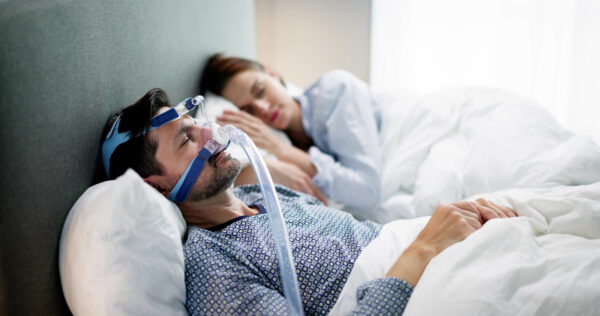
Individuals with breathing difficulties, chronic lung diseases, or sleep apnea require respiratory supplies to assist with proper oxygen intake. These include:
- Nebulizers: Devices that turn liquid medication into a mist for inhalation, commonly used for asthma or COPD patients.
- Oxygen Concentrators: Provide supplemental oxygen for individuals with low oxygen levels in their blood.
- CPAP and BiPAP Machines: Devices used to treat sleep apnea by keeping airways open during sleep.
- Humidifiers and Vaporizers: Help keep the airways moist and can provide relief from respiratory symptoms like congestion.
6. Orthopedic Supports
Orthopedic supports are vital for individuals recovering from injuries, surgeries, or managing chronic musculoskeletal conditions like arthritis or back pain. Common orthopedic supports include:
- Braces and Supports: These products provide stability and support to injured or weak joints, including knee braces, ankle supports, and wrist splints.
- Compression Garments: Items like compression socks and sleeves help improve circulation, reduce swelling, and alleviate pain.
- Slings and Splints: Used to immobilize injured limbs, typically following fractures or soft tissue injuries.
7. Home Diagnostic Equipment
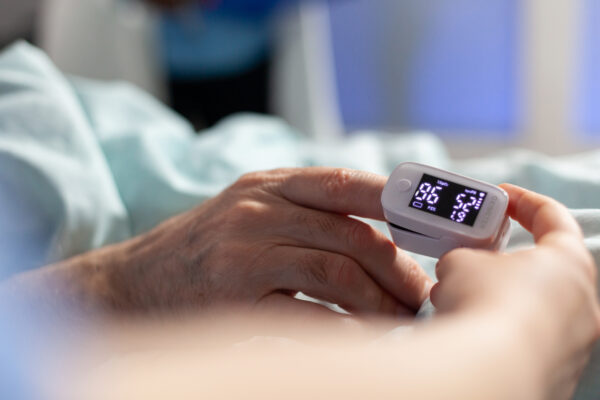
Home diagnostic equipment allows patients to monitor their health conditions from the comfort of their own homes. Medical supply stores typically carry:
- Blood Pressure Monitors: Both manual and digital devices to measure blood pressure levels.
- Blood Glucose Meters: Essential for people with diabetes to monitor their blood sugar levels.
- Pulse Oximeters: Small devices that measure oxygen saturation levels in the blood, often used by individuals with respiratory conditions.
- Thermometers: Infrared, digital, or traditional thermometers for measuring body temperature.
8. Hospital Beds and Accessories
Medical supply stores often provide equipment designed for patients who need extended care at home, such as:
- Adjustable Hospital Beds: These beds allow for repositioning and provide comfort for patients who are bedridden or have limited mobility.
- Mattresses and Overlays: Specialized mattresses, including air or gel overlays, help prevent pressure sores.
- Bed Rails: Installed on the side of the bed to prevent falls and assist with repositioning.
9. Daily Living Aids
These items are designed to help individuals maintain their independence in performing daily tasks. They include:
- Reachers and Grabbers: Tools to help people with limited mobility pick up objects without bending.
- Dressing Aids: Tools such as button hooks or sock aids to help with dressing.
- Utensils for Limited Dexterity: Specially designed forks, knives, and spoons for individuals with arthritis or limited hand mobility.
10. Pain Management Products
Pain management products help individuals manage chronic pain or post-surgical discomfort. Some of the common items included in home health supplies include:
- TENS Units: Transcutaneous electrical nerve stimulation devices that help relieve muscle pain.
- Heat and Cold Therapy Products: Heating pads, ice packs, or gel packs used to alleviate pain and reduce inflammation.
- Massagers: Electric or manual devices designed to relieve muscle tension and improve circulation.
Conclusion
Medical supply stores provide a comprehensive selection of home health supplies designed to improve the quality of life for individuals with health challenges. These supplies enable patients to receive care in their own homes, helping them maintain independence and dignity while managing their health conditions. Whether it’s mobility aids, wound care products, or home diagnostic equipment, these stores play a critical role in supporting home-based care for patients across all age groups.


